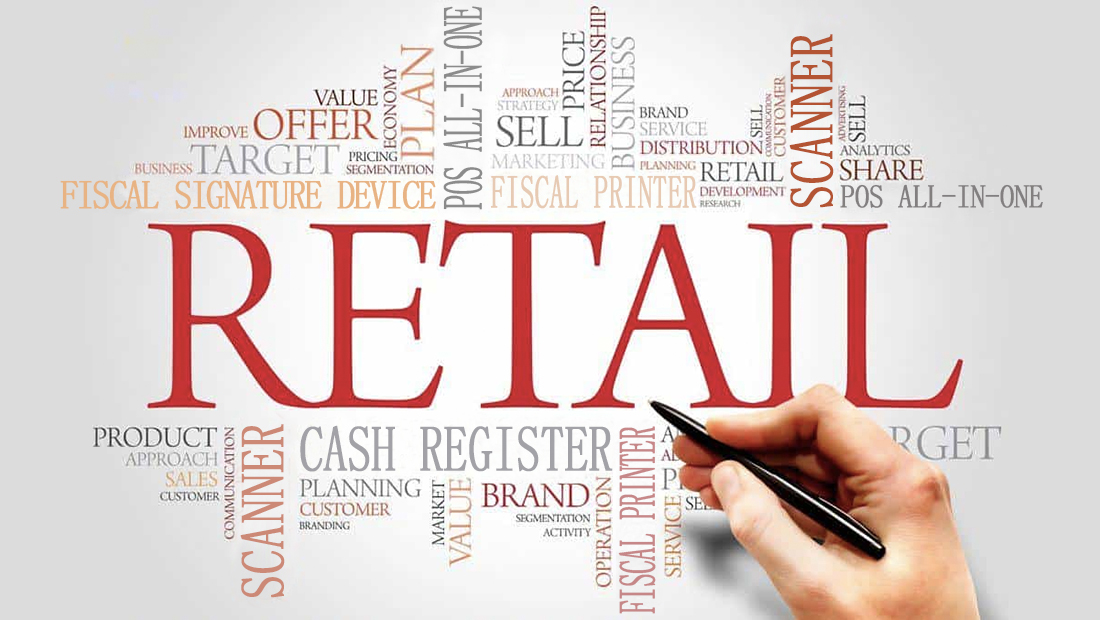What Is Retail?

The retail industry refers to the sector of the economy that involves the sale of goods or services to consumers. It includes various types of businesses such as stores, supermarkets, specialty stores, online retailers, and more. Retailers purchase products from manufacturers or wholesalers and sell them to individual customers for a profit. The retail industry plays a significant role in the economy, contributing to employment, consumer spending, and overall economic growth.
The retail industry has both advantages and disadvantages. Let's explore these aspects in detail.
Advantages of the Retail Industry:
1. Employment Creation: The retail industry is a significant source of employment, providing employment to millions of people worldwide. It offers opportunities for individuals with varying skill sets and educational backgrounds, from entry-level positions to managements. This employment creation contributes to economic growth and reduces unemployment rates.
2. Consumer Convenience: Retailers play a vital role in providing convenience to consumers. They offer a wide range of products and services under one roof, making it easier for customers to find what they need. Retailers also provide extended operating hours, online shopping options, and delivery services, enhancing the convenience factor for consumers.
3. Economic Growth: The retail industry contributes significantly to economic growth. Retail sales generate revenue, which in turn stimulates economic activity. Increased consumer spending leads to higher demand for goods and services, encouraging businesses to expand and invest in new ventures. This cycle of economic growth benefits various sectors of the economy.
4. Market Competition: The retail industry fosters healthy competition among businesses. Competition encourages retailers to improve their products, services, and pricing strategies to attract customers. This ultimately benefits consumers, as they have access to a wider range of choices and competitive prices.
5. Innovation and Adaptability: Retailers are constantly innovating and adapting to changing consumer preferences and market trends. They introduce new products, technologies, and business models to stay relevant and meet customer demands. This innovation drives progress and keeps the industry alive and exciting.
Disadvantages of the Retail Industry:
1. High Competition: While competition can be beneficial, it also creates challenges for retailers. The retail industry is highly competitive with numerous players vying for market share. This intense competition can lead to price wars, shrinking profit margins, and the need for constant innovation to stay ahead.
2. High Operating Costs: Running a retail business involves substantial operating costs. These costs include rent, utilities, employee salaries, inventory management, marketing, and more. Retailers must carefully manage these expenses to maintain profitability, especially amidst increasing competition and changing market conditions.
3. Seasonal Fluctuations: Many retailers experience seasonal fluctuations in demand. For example, clothing retailers may see increased sales during the holiday season or summer months. However, during off-peak seasons, sales may decline, leading to inventory management challenges and potential financial strain.
4. Changing Consumer Behavior: Consumer behavior is constantly evolving, driven by factors such as technology advancements, economic conditions, and social trends. Retailers must adapt to these changes to remain relevant and meet customer expectations. Failure to do so can result in declining sales and loss of market share.
5. Online Competition: The rise of e-commerce has had a major impact on the retail industry. Online retailers offer convenience, competitive prices, and a wide selection of products that challenge traditional brick-and-mortar retailers. Retailers must invest in online platforms and omni-channel strategies to compete effectively in the digital arena.
In conclusion, the retail industry has several advantages, including employment creation, consumer convenience, economic growth, market competition, and innovation. However, it also faces challenges such as high competition, operating costs, seasonal fluctuations, changing consumer behavior, and online competition.
Successful retailers must navigate these advantages and disadvantages to thrive in a dynamic and evolving industry.
The retail market has centered around customer satisfaction. Every business aspires to build customer brand loyalty to ultimately boost product sales. All retailers are constantly experimenting with different consumer campaigns such as in-store promotions, coupons and analyzing consumer habits to send targeted product messages. With the rise of multi-channel retailing, in-store promotions, pop-up stores, kiosks and e-commerce, technology is now at the heart of the communication process between retailers and customers. FISCAT is a leader in the fiscal retail market, offering a range of forward-looking fiscal device (fiscal cash register, fiscal printer, fiscal signature device, fiscal box), fiscal solutions that incorporate the latest technology to meet the needs of the evolving industry.


